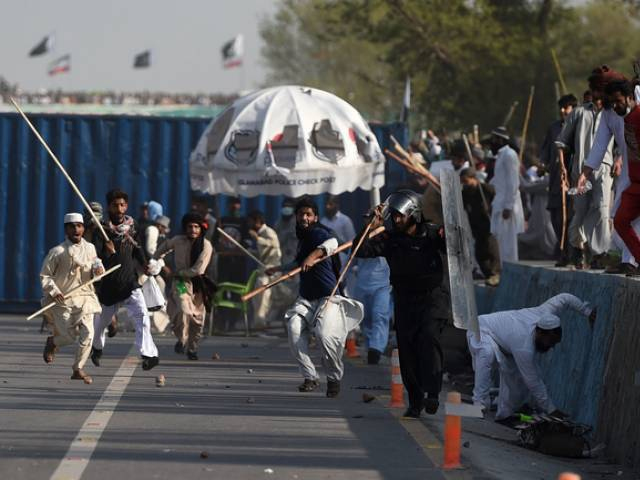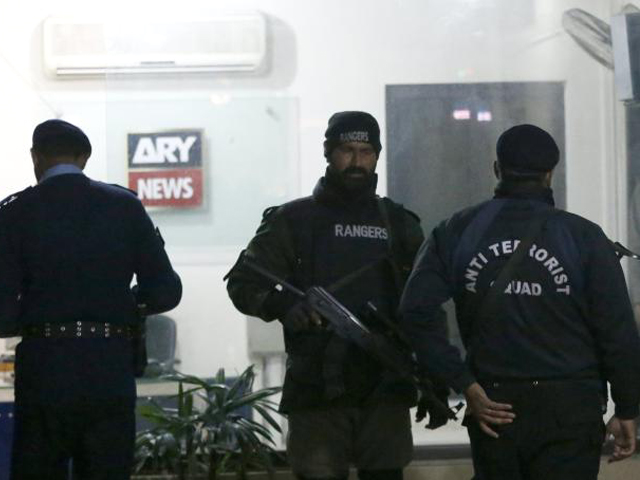
Are toilets a human right?
51 million Pakistanis were forced to use open fields for relief; while toilets may not be a human right, health is.
This weekend was one of the year’s most auspicious days. A day that the WTO prides itself on and purportedly uses to create awareness of a problem facing 2.6 billion people. A day best celebrated sitting down.
I am, of course, referring to World Toilet Day, and if you’re confused, that’s not the World Trade Organisation, it’s the World Toilet Organisation. This ‘other’ WTO has organised ‘Big Squats’ globally ever since the WTD began being commemorated since 2001. Unfortunately (or fortunately for some), the website does not elaborate on what a ‘Big Squat’ is, but simply says that “WTO would love to see our day become ‘The’ event that represents the sanitation crisis globally”.
According to a senior official of the ministry of environment quoted in 2009 at the country’s first-ever national conference on sanitation, over 51 million Pakistanis were forced to use open fields as toilets. This, of course, leads to a contamination of groundwater supplies and in turn imposes significant health costs on the country.
Another expert, at the same event, said that at the rate of one household a day in every union council, Pakistan could provide sanitation facilities to its entire population by 2015. As achievable as it may seem, one must wonder how — in a country where much of the rural population still doesn’t know that using the same stream for drinking, washing up and, of course, ‘relief’ is a potent health hazard — the goal will be accomplished.
According to the WTO’s website, 2.2 million children die of diarrhoea worldwide. That’s one every 14 seconds. Access to a toilet, a bar of soap and clean water could cut that figure by 67 per cent. Over half the world’s hospital beds are occupied by patients suffering from diseases associated with lack of access to safe drinking water, inadequate sanitation and poor hygiene, says the website.
A toilet may not be a human right in itself, but health is. While all of us may not be able to follow the WTO’s advice and send each other mail on toilet paper to show our support, we can educate someone, and we can get the message out. No one should have to suffer for want of sanitation.



COMMENTS (9)
Comments are moderated and generally will be posted if they are on-topic and not abusive.
For more information, please see our Comments FAQ